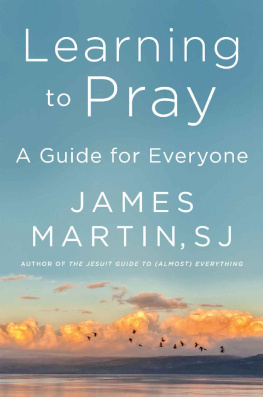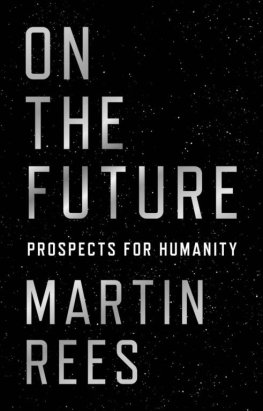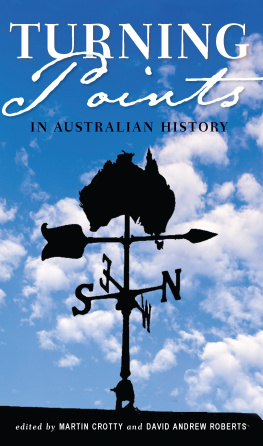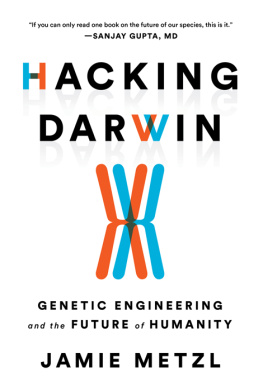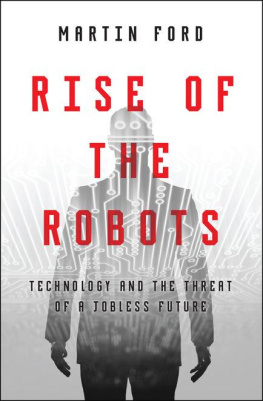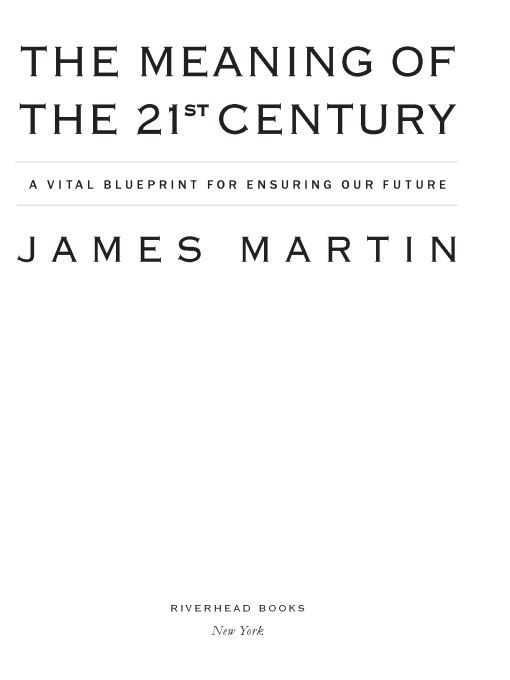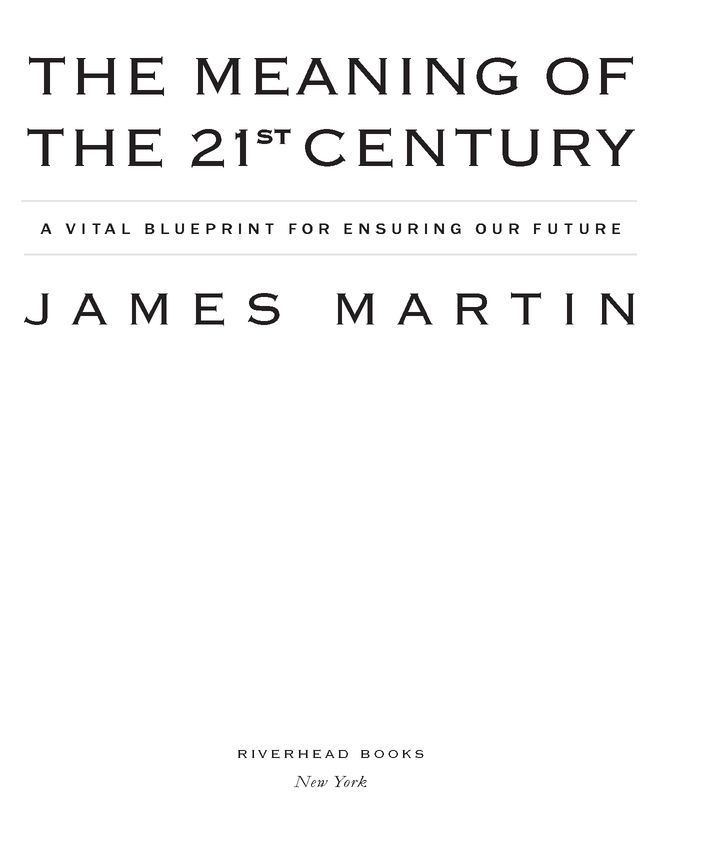Table of Contents
Worldwide Praise forThe Meaning of the 21st Century
This is a sensational book. James Martin offers such clear choices between man-made catastrophe and man-made solutions. Were in the middle of a play whose end we can change, and we must. That means changing how we think and how we live. In The Meaning of the 21st Century, Martin explains how to do both.
William Stevenson, author ofA Man Called Intrepid
To survive the difficult twenty-first century, we will need all that technology can offer, but in addition we need the optimistic belief in it that James Martins book provides.
James Lovelock, author ofGaia: A New Look at Life on Earth
James Martins new book should be required reading for all political leaders. It is a short course in the most pressuring mega-problems of the new century and a guide to creative means to avert disaster. Martins analysis of the dangers of nuclear and biological terrorism is especially perceptive, and his practical policy recommendations require urgent attention and action.
William Potter, Director,
Center for Nonproliferation Studies, Monterey, California
A wonderful book... A privilege to read.
Lord Rees, President of the Royal Society
This thought-provoking book deserves to be read widely and debated vigorously.
Sydney Morning Herald
A handy guide to many of the things that might happen in the future.
Sunday Times
Any political or business leader or young person eager to make history should begin by reading James Martins hopeful and crucial blueprint for harnessing technologyand the economic potential of the poor.
Hernando de Soto, author of
The Mystery of Capital
An extraordinary book: broad ranging, clearly written... highly recommended.
World Futures
A freewheeling... romp through the technological challenges, dangers, and opportunities facing the human race in the new century... exhilarating, thought-provoking... Tech enthusiasts will find much to spur debate.
Publishers Weekly
In this ambitious, highly anticipated work, Martin addresses in detail the most complex and significant technological, political, ethical, economic, social, and environmental issues of our day. If Martins past success in predicting the future is any indication, we would do well to heed his warnings.
Library Journal
To Lillian Martin,
who organized the research and fed the author
PREFACE
The 21st century is an extraordinary timea century of extremes. We can create much grander civilizations or we could trigger a new Dark Ages. There are numerous ways we can steer future events so as to avoid the catastrophes that lurk in our path and to create opportunities for a better world. A revolutionary transition is ahead of us, and our children have a vital role to play in it, so there is much that we need to teach them about their future.
Today, most of the public and their leaders have remarkably little knowledge about the future. When filming this book, I stood in Times Square, surrounded by the worlds most extraordinary blaze of electronic information, and reflected that absolutely all of that information was about the present day. A U.S. senator assured me that public voting is based on the present and has no interest in the future. We are driving at relentlessly increasing speed into an extraordinary future, but we are driving blindfolded.
This book is concerned with the big issues that will make the differencelarge-scale trends that have a momentum like a freight train and that will affect the lives of our childrenand types of leverage that will enable us to make significant changes. Its a book about the main ocean currents, not the waves on the surface. It is not about conventional politics, which are to a large extent unpredictable. There will always be passionate arguments about politics, taxation and wealth redistribution, but that is not my subject here. We can identify critical high-momentum trends independently of politics, and there are urgent changes needed, regardless of which political parties are dominant at the time. Some solutions to problems will meet resistance for parochial political reasons, often because there are large vested interests. Putting the right incentives into place is critical to dealing with our biggest problems.
Exploring the future calls for using logic and an understanding of history, technology and the behavior of complex organizations to weave together many long-term trends. Much can be predicted about future technology because of the long time lags between research and development and between the creation of products and their application. We already know what researchers are working on. For example, when I wrote The Wired Society in the mid-1970s, there were no personal computers or cell phones, and nothing called the Internet. Some 25 years later, the book was hailed as an astonishingly accurate forecast of a world using those technologies. Encouraged by this, I developed files about the worlds future problems and what experts had to say about them. It became clear to me that the world was drifting into very deep trouble.
After college, I spent some time as a rocket scientist (no kidding). Then I joined IBM and was trained to design computer systems that helped provide solutions to complex problems. I migrated to IBMs Systems Research Institutea think tank and internal university with an eclectic hornets nest of a faculty, opposite the United Nations building in New York. In the age of Nixon, we went to cocktail parties in the UN and it was like going to a different planet. The UN delegates had no clue about what was happening in technology, and we computer gurus had no vision beyond our own world.
In 1970, a secret set of meetings was arranged between 12 top American and 12 top Soviet computer scientists to find out whether and how they could cooperate in research. I was one of the American group. The U.S. State Department trained us how to behavefor example, how to handle the vast amounts of vodka we were given during the endless toasts at Moscow banquets (empty your glasses into the flower vases), and what to do if you got back to your hotel room and found a beautiful naked woman in your bed (I was disappointed). To my surprise, I found the Russian scientists warm and friendly but with a total misconception of what America was like. Most of us concluded that there was a great potential for cooperation, but the game evolved into the KGB watching the CIA watching the KGB, and nothing useful happened.
After IBM I formed a business for dealing with complex problems and spent 25 years traveling around the world, teaching five-day World Seminars, which steadily grew to attract high-power audiences. This led to many opportunities to work with statesmen and business leaders. I tried to pick invitations where I might learn the most. For example, J. P. Morgan had an extraordinary advisory board, with George Schultz, Condoleezza Rice, Lee Kuan Yew of Singapore, the Saudi Arabian minister of finance, Britains Lord Howe and the CEOs of many global corporations.
Over decades while I roved the world, lecturing and consulting on practical techniques for building complex systems, I took a keen interest in the worlds larger problems. They were getting worse. But my training as a problem-solver led me to believe that there were solutions to all of the profound problems I describe in this book. It was necessary to alert the public to the grand-scale challenges of the 21st century and teach their potential solutions.







